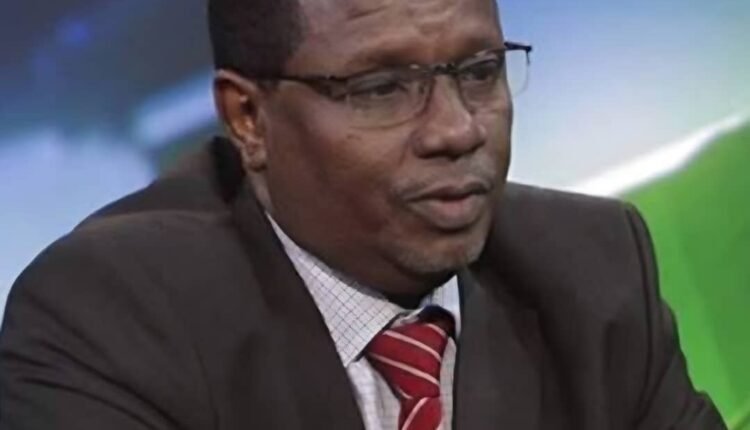Madagascar: Darkness at the End of the Tunnel

Ambassador Atta al-Manan Bakhit
The Generation Z revolution in Madagascar has achieved what other comparable uprisings in Africa have not—perhaps because the goal was clear to Madagascar’s youth: the departure of President Andry Rajoelina and the pillars of his rule. The young protesters in Freedom Square in the capital, Antananarivo, and in other cities across the country, were determined to achieve their aim, which tempted a general known for his political adventurism to lead a quasi-constitutional coup, exploiting the legitimate demands of the youth.
It is too early to characterise what happened in Madagascar on 14 October this month: was it a victory for the youth revolution, or the theft of that revolution? Was it a coup, or a leap into the vacant seat of power at a time when the country could not afford a vacuum? To understand what took place in Madagascar, we need to rewind the tape of events.
The Generation Z revolution lasted about three weeks, with the spark growing hotter each day. The youth raised service-delivery demands, just as their counterparts did in Morocco, Nepal, Bangladesh and elsewhere. Their main demands were the “difficult yet necessary”: repairing the country’s dilapidated electricity grid; providing safe drinking water on a large island with saline waters; and finding a solution to rampant unemployment. To achieve this, the protesters insisted that the president and his entourage leave power altogether.
The youth’s legitimate demands drew a torrent of people to join them in all the major urban centres, and the fragility of the political situation prompted an important segment of the army to support the youth. As the security situation deteriorated, President Rajoelina opted for safety and secretly left the country for an unknown destination, said to be the Dubai resort in the United Arab Emirates. With the president absent, parliament was forced to announce officially that the office of the presidency had become vacant. These rapid developments prompted Colonel Mitchel Randrianina to fill the constitutional vacuum and declare himself president—not of the republic, but “President for the Re-Founding of the Republic”, as per the new title he gave himself. Thus, what occurred in the largest island in Africa may be described as half a victory for the youth and half a coup against constitutional legitimacy.
Even so, troubling questions continue to multiply: can the army, within the two-year transitional period it has set, meet the revolution’s demands? And can it deliver the long-awaited political stability in Madagascar? If we recall the island’s political history and the nature of the challenges it faces, the path ahead for the army to fulfil the revolution’s high-ceiling aspirations appears thorny—especially since Madagascar has been plagued by problems and political upheaval since independence from France in 1960. With the exception of former President Didier Ratsiraka’s sixteen-year tenure, the island has never known sustained political stability. Even the fleeing President Rajoelina came to power on the back of a military coup.
On another front, reforming water and electricity services—the very fuel of the revolution—seems difficult amid the deteriorating economic situation and the cancerous spread of corruption in the civil service. The country is extremely poor despite its resources: around 70% of the population live without electricity; official statistics indicate that eight out of ten people live below the poverty line; Madagascar ranks 140th out of 180 countries on the corruption index; and roughly half a million young people enter the labour market each year, only to find no jobs. Accordingly, service reform requires a hefty bill that the public may be unable to pay—and it needs time, which revolutions do not grant.
It may be too soon to judge the new military leadership’s experiment in Madagascar, but there are important markers on the road to reform and reconstruction that ought to be heeded—chief among them, including young people in the new transitional bodies; setting a clear timetable for the transition and respecting it; and, given how arduous reform will be, relying above all on transparency and inclusive dialogue with all components of the Malagasy people so they can be partners in change and in planning for the future.
In conclusion, what has happened in Madagascar is significant and historic. It represents a victory for the will of the active forces among the people, yet it opens the door to major challenges that will require great wisdom and patience—so that the outcome is a change in direction, not merely a change of faces.
Shortlink: https://sudanhorizon.com/?p=8190

